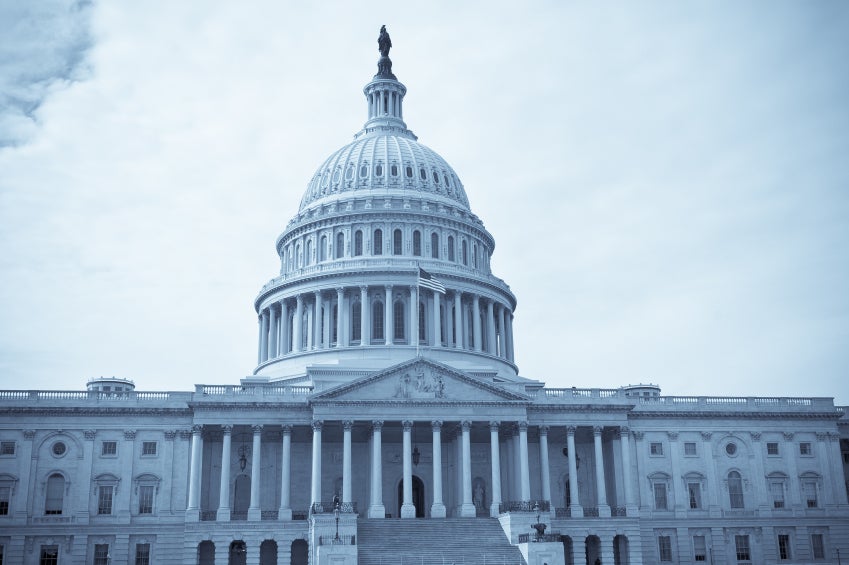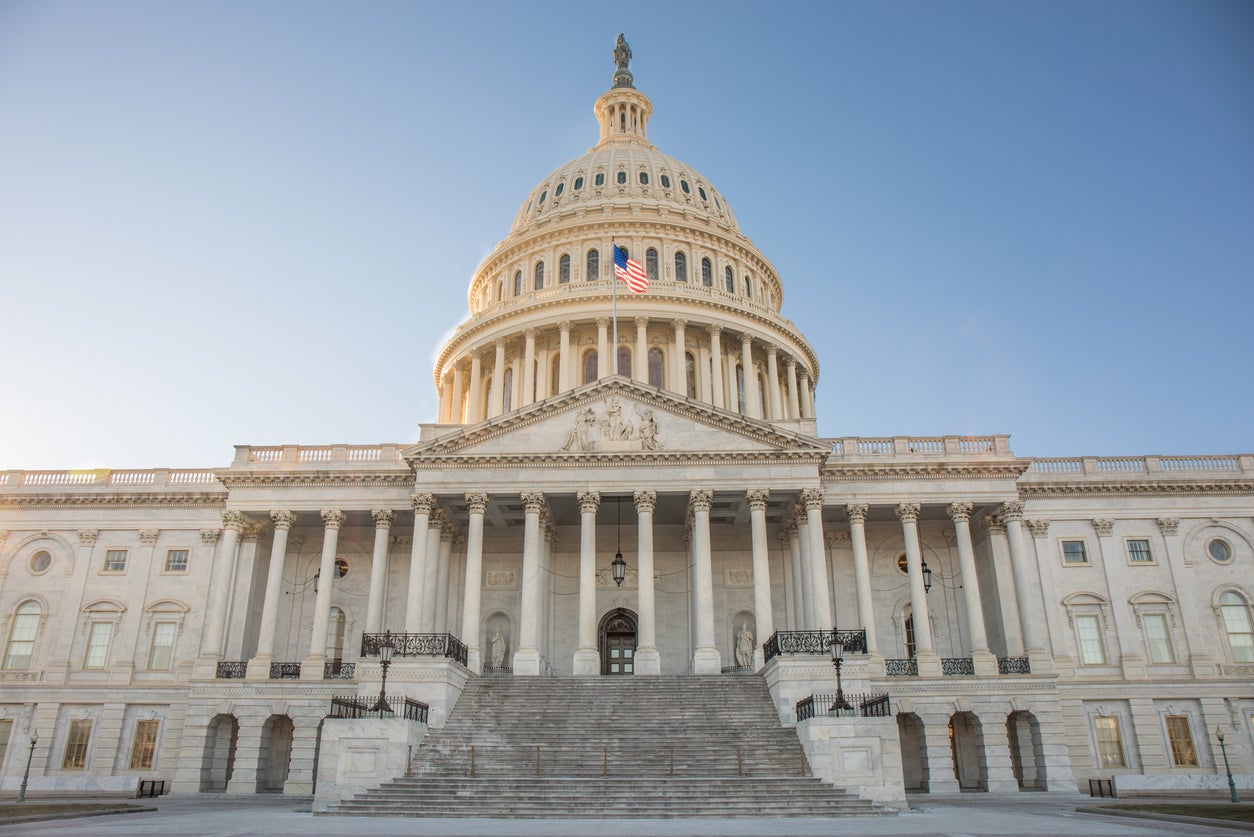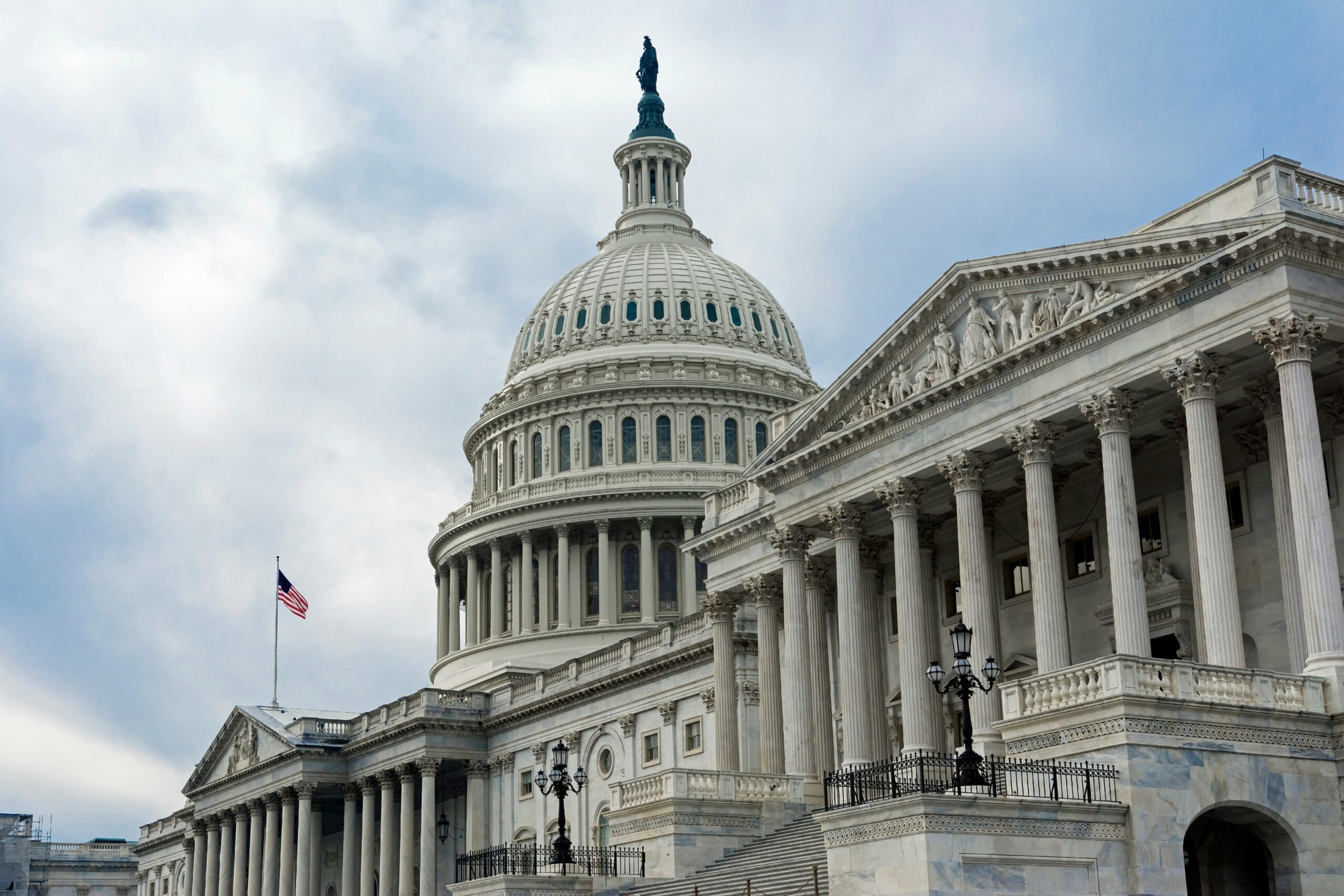CBA Comment Letter re CPFI Hearing on Special Purpose Charters

Dear Chair Perlmutter and Ranking Member Luetkemeyer:
On behalf of the Consumer Bankers Association (CBA), I write to share our views on special purpose charters, specifically regarding parent companies of industrial banks and industrial loan companies (ILCs) in advance of the House Subcommittee on Consumer Protection & Financial Institutions hearing entitled “Banking Innovation or Regulatory Evasion? Exploring Trends in Financial Institution Charters.”
The future of the financial institution charters, specifically ILC charters, are of particular interest to CBA because our association was formed in 1919 as the Morris Plan Bankers Association for the purpose of promoting America’s first industrial banks, then known as Morris Plan Banks.1 Today, CBA is the only national trade association focused exclusively on retail banking; our 69 member banks employ nearly 2 million Americans, extend roughly $3 trillion in consumer loans, and hold assets totaling $14.5 trillion or 79% of all bank holding company, bank and thrift assets in the United States. While the vast majority of our current members are not ILCs, CBA remains committed to the need and purpose of consumer banking that inspired the nation’s first industrials.
Advancements in the financial marketplace have allowed the ILC charter to evolve from its simple beginnings of providing small loans to industrial workers. Our members are especially concerned the rise in non-financial commercial companies seeking ownership of ILCs may facilitate perilous growth of shadow banking and threaten the Deposit Insurance Fund (the DIF) and the safety and soundness of the traditional banking system. In their recently enacted rule regarding ILCs (the rule), the FDIC has implemented welcome strategies and safeguards for overseeing commercial companies.2 This rule is a welcome development but should not in practice become an inadequate substitute for the consolidated supervision that applies to and is required of banks and their holding companies.
Although ILCs commonly support specialty finance operations for parent companies engaged in activities that have a strong nexus to finance, ILCs may also be leveraged by the largest commercial or retail enterprises (including global mega-conglomerates) to avoid the laws governing well-regulated banks and their holding companies. We believe that as the primary regulator the FDIC should ensure commercial companies cannot use the ILC charter as a conduit into the banking system and federal safety net while engaging in activities that have always been off limits for regulated banks and their holding companies.
Unlike banks and their holding companies, ILCs and their parent companies are not subject to Federal consolidated supervision or the Bank Holding Company Act’s (BHCA) prohibition against mixing banking and commerce. This regulatory structure may incentivize commercial companies to choose the ILC charter to avoid heightened regulatory restrictions associated with the bank charter.3 If commercial parents are permitted to use ILC charters to engage in excessive risk-taking without adequate oversight from the agency, the FDIC and the DIF will ultimately pay the price for downside risk that flows back to ILCs. CBA believes the ILC charter and choice-of-charter plays an important role in facilitating a competitive financial system, however, the federal safety net should not be used to subsidize commercial parent companies unless these entities are subject to the same rigorous scrutiny as bank holding companies within the regulated financial system. Although Congress authorized the current framework, the FDIC is right to issue rules leveling the playing field and imposing safeguards on the ILC charter to provide supervisory parity with the bank charter. In this regard, CBA believes FDIC’s rule is a step in the right direction and we applaud the FDIC for formalizing and strengthening its existing processes for supervising ILCs to mitigate risk to the DIF in the absence of consolidated supervision.
Thank you again for your decisive actions and leadership on these topics and we look forward to working with you to ensure the best possible outcome for consumers and lenders.
Sincerely,
Richard Hunt
President and CEO



